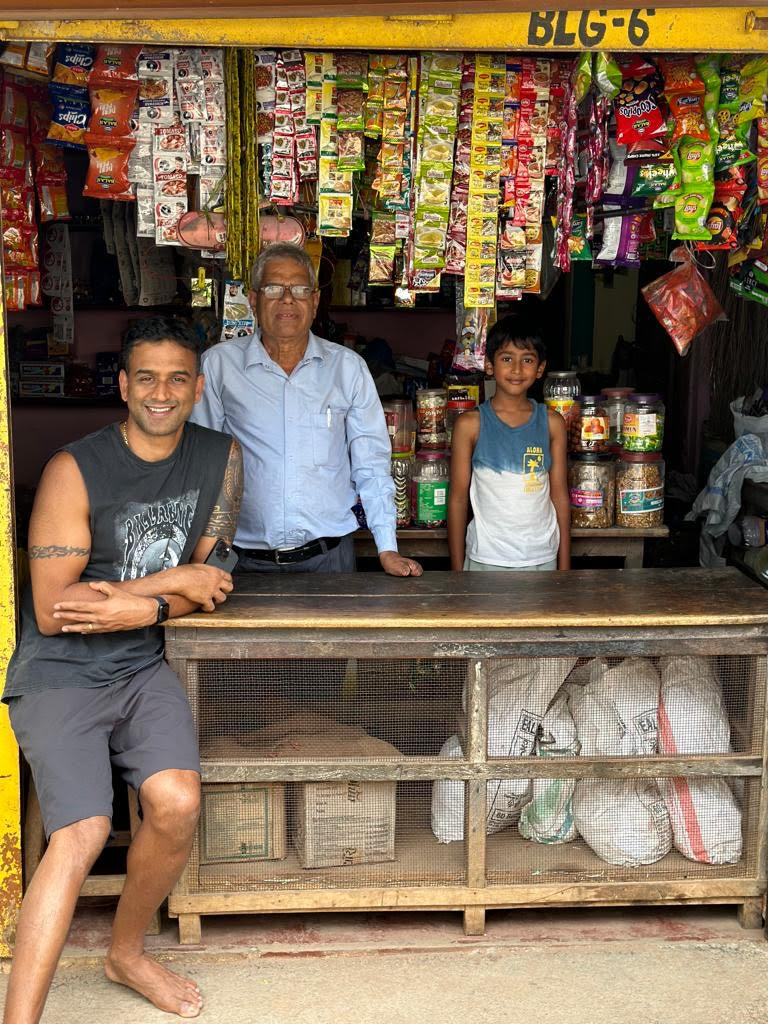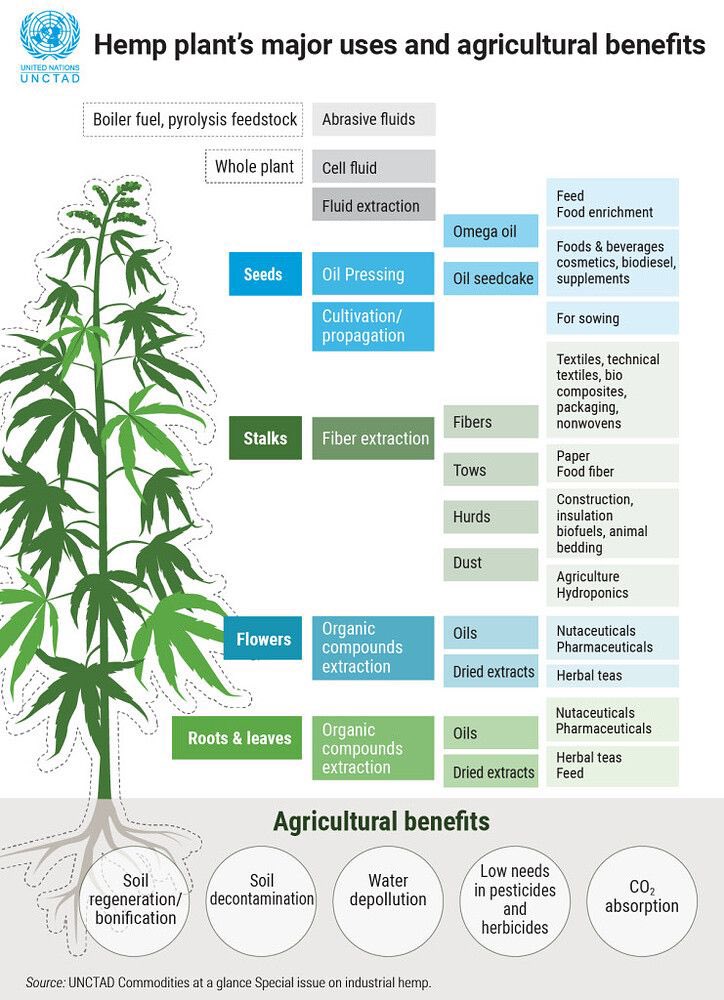Being content is the only way to true freedom. A person who embodies this is my father-in-law, Shivaji Patil
He was in the Indian Army & voluntarily retired as a Havaldar after losing his fingers to frostbite during the Kargil War. He started a grocery shop in Belgaum after. 1/5
He was in the Indian Army & voluntarily retired as a Havaldar after losing his fingers to frostbite during the Kargil War. He started a grocery shop in Belgaum after. 1/5

He is 70 years old but goes to the local market regularly on his decades-old scooter for the specially abled to buy groceries for the shop. His only help is my mother-in-law, who helps him run the shop and manages the house. 2/5
He refuses to stop working, even with the success Seema and I have had. When I ask him about margins for various products in the shop, there is still a twinkle in his eye. He speaks about a 25% margin on chikkis, buying a box at Rs 200 & selling them individually for Rs 250. 3/5
I have never seen him wanting something or complaining, not even about losing his fingers in the war.
Although, he did try to convince me to get a government job when I asked him permission to marry his daughter in 2007 when I was still struggling😬 4/5
Although, he did try to convince me to get a government job when I asked him permission to marry his daughter in 2007 when I was still struggling😬 4/5
I have been geeking out about increasing healthspan or how to live a good life until the end.
I have no doubt that the answer is to be content and never stop being active mentally and physically. Money can't buy this, and he is the best example. 5/5
I have no doubt that the answer is to be content and never stop being active mentally and physically. Money can't buy this, and he is the best example. 5/5
• • •
Missing some Tweet in this thread? You can try to
force a refresh

 Read on Twitter
Read on Twitter





